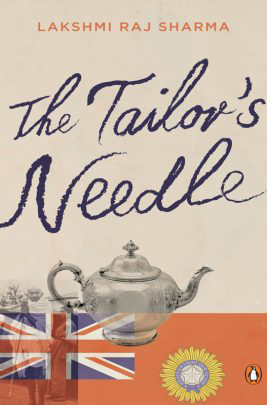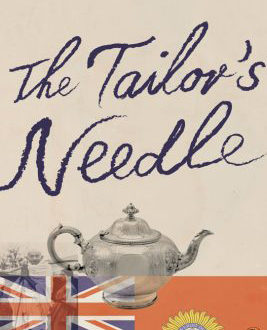
Publishing the Literary Novel Today
Writing something literary is one thing; publishing it is another. A great piece of writing comes from, you might say, the soul of an author. The soul is probably the vaguest thing on the record. Its internal language is by no means simple because it is constantly at variance with social language – the language that has been constructed to express common, everyday thoughts and feelings, or just to communicate with each other. The soul’s probing is deeper far than what meets the eye. The depth of the soul is imprinted on quality writing, which can make the writing unclear for the average reader. The publisher has to target the average reader, unfortunately, sometimes against his wishes. Of course, every publisher wants to support writing that comes from the soul but experience tells them that such writing will rarely sell. The literary author has, therefore, at times to wait for a whole lifetime to see the light of day. They sometimes never see it at all if they get published posthumously or never get published ultimately.
Today’s average reader is becoming more and more passive. He is unwilling to do his share of the work with a text to take it in. He wants it all potted and boiled, and put in his mouth to swallow. He will not work hard to make sense out of someone’s soul adventures. And why should he? He has more superficial and diluted stuff all around him – fake news, the Internet, the TV, and simplified books that he can take in passively. Literary writing provides something unique or new to be imposed on the reader’s thought process and the reader can be unwilling to accept such an imposition. The result is that the publisher has to look for simple, uncomplicated, texts that have come from an author’s mind and merely have the reader’s mind to tackle.
As civilization advances, the soul seems to get left behind further and further. The publisher has the formidable task of catering to an audience that is not interested in venturing into the domain of the author’s soul. The publisher is rather helpless and must surrender to the average reader’s requirement. We are becoming more intelligent and less feeling; more mind than soul. Our intelligence is being reduced to an animal intelligence that has to basically worry about food and bodily comfort; soul-adventures are hogwash. It is not surprising that non-fiction is a little easier to publish now than fiction because it involves a marriage of the mind and the intellect to a greater degree than fiction does. Even fiction finds more willing publishers if it is realistic.
When it is fantasy, the demand is for books that readers will read passively; just escape into unreal worlds without questioning the truth of fiction. For instance, horror novels or ghost stories involve the mind and force it to remain active due to the fear they induce. Such fiction needs to come to the scary portion right away, preferably from the first page, so that the reader doesn’t slip away into an easier or a comfort zone. Magic Realism is resisted because it includes realistic elements with a difference. It blends the real and the improbable and thus makes the reader work harder to absorb the contents of the novel. It contains ideas related to oppression that need to be felt rather than understood intellectually.
Due to the publishing industry’s reader-related plight, it becomes imperative for the author to provide soul-felt experiences in such a way that today’s reader accepts them without a fuss. The reader should little know that he is drifting into the author’s psyche or soul. This is a herculean task but it must be attempted by authors if they wish to get published. If the literary element seems to be daunting for the passive reader, it must be served with a sugar coating. It is here that the talent of today’s author lies. The reader has to be gradually shown the way into the inner self. Remember, it is when the author is wholly or fully with himself that he sees (what he is to describe) well. Whether it is in a private room, a solitary walk, a bathroom, or some other moment of seclusion, it is in these that an author can peep inside to look at the world through an inner eye. Whatever he sees may not interest the average reader and so all the art and craft of fiction must be deployed to make a subjective vision interesting. In the publisher’s vocabulary, the line between literary and commercial fiction should be erased. But doing this is one hell of a task. It is close to impossible.



One Comment
Dharmpal Singh
A very logical view has been put forward by you regarding a real literary work. Truly speaking, unless a writer touches the soul of the reader, his work is shallow and short-lived. One has to write like Shakespeare and Tulsidaas to be an immortal writer. Eternal values of life can be searched by diving deep into the soul.